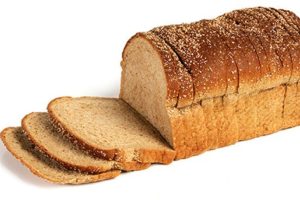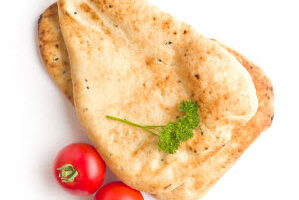Why Eat Freshka Food products? Grain foods, like bread, play an important role in your diet by providing many nutrients, such as dietary fiber, vitamins and minerals. The Global Dietary Experts recommends you eat six servings of grain foods each day, with half being from whole grain sources. To get the most nutrients and benefits, you should include both whole grains and enriched grains as part of your balanced diet.
Nutrients Fact
Freshka Foods has it all:
1) Complex Carbohydrates
- Carbohydrates are the body’s main source of fuel for energy.
- There are 2 types of carbohydrates in foods:
Simple and complex
- Complex carbohydrates (also called starches) are found in bread and other grain-based foods.
Many parts of your body use carbohydrates to function properly, such as your kidneys, your muscles (including your heart), and especially your brain and nervous system.
2) Whole Grains
Whole Grains & Heart Health
- All the nutrients in whole grains work together to provide health benefits and may reduce the risk of heart disease and cancers, as discussed below:
- Diets rich in whole grain foods and other plant foods and low in total fat, saturated fat, and cholesterol may help reduce the risk of heart disease and certain cancers.
Not all whole grain products qualify to make this claim. To qualify, a product must contain all Three portions of the grain kernel, contain at least 51% whole grain by weight per reference amount customarily consumed (50g for bread and buns), and meet specified levels of fat, saturated fat, cholesterol, fiber and sodium.
3) Fiber
- Also known as Enriched Grains
- Enrich grains, such as white bread and buns, have been fortified with folic acid and other nutrients, such as B vitamins and iron, and may contain more of these nutrients than whole grain foods that haven’t been fortified.
- To get the most nutrients and benefits, you should include both whole grains and enriched grains as part of your balanced diet.
- Enriched grains are the primary source of folic acid in the American diet.
4) B Vitamins
- Most white breads and buns are enriched with B vitamins, including thiamin (vitamin B1), riboflavin (vitamin B2), and niacin (vitamin B3).
- These B vitamins play an important role in metabolism by helping your body produce and release energy from protein, fat, and carbohydrates.
- These B vitamins help your nervous system function properly, and are involved in producing red blood cells that carry oxygen all over the body.
- B vitamins are necessary for healthy skin, hair, eyes, and liver.
5) Folic Acid
- Folic acid is also known as vitamin B9.
- Sometimes the terms “folic acid” and “folate” are used interchangeably; however, folate is a naturally occurring vitamin found in foods like dark leafy greens, citrus fruits and liver.
- On the other hand, folic acid is a man-made form of the vitamin that is used to fortify enriched grain foods like bread.
- Folic acid is easier for the body to absorb and use than folate.
Folic acid is necessary to make new cells in your body, especially red blood cells, and it plays a key role in making and maintaining your DNA, which are the building blocks of our genetic blueprint.
6) Iron
- The two types of iron that you get from food are heme and non-heme.
- Both whole and enriched grain foods are sources of non-heme iron in the American diet.
One of iron’s major functions is to carry oxygen in the blood.




